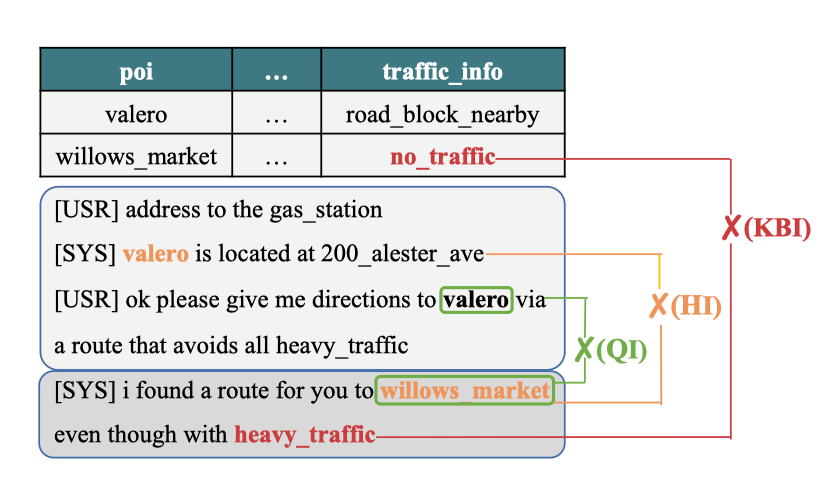Benchmark Utilities
About
A collection of benchmarking tools. PYPI Package
Table of Contents
Using the library
Installing and using the library
First, you need to install the library either using pip:
$ pip install bench_utils
Then, import it and use it like so:
from bench_utils import timeit, profileit
# --- Timeit --- #
# Context Manager
with timeit():
# A code block
pass
@timeit()
def my_func():
# Function code
pass
# --- Profileit --- #
# Context Manager
with profileit():
# A code block
pass
@profileit()
def my_func():
# Function code
pass
For more advanced examples check example_timeit.py and example_profileit.py .
Manually install the library
These instructions will get you a copy of the project up and running on your local machine for development and testing purposes. See deployment for notes on how to deploy the project on a live system.
Prerequisites
You need to have a machine with anaconda installed and any Bash based shell (e.g. zsh) installed.
$ conda -V
conda 4.10.1
$ echo $SHELL
/usr/bin/zsh
Install the requirements
All the installation steps are being handled by the Makefile. First, create a file called ~/.pypirc with your pypi login details, as follows:
[pypi]
username = your_pypi_username
password = your_pypi_password
Then, modify the python version and everything else you need in the settings.ini.
Finally, execute the following commands:
$ make create_env
$ conda activate bench_utils
$ make release
License
This project is licensed under the MIT License - see the LICENSE file for details.









